Top Class Actions’s website and social media posts use affiliate links. If you make a purchase using such links, we may receive a commission, but it will not result in any additional charges to you. Please review our Affiliate Link Disclosure for more information.
A Maryland business has filed a class action lawsuit against Bank of America alleging that it prioritized existing clients when awarding coronavirus loans.
Plaintiff Profiles Inc. says that Bank of America put “privileged discriminatory policies of corporate greed over the needs of America’s small businesses” when implementing Coronavirus Aid, Relief, and Economic Security Act (CARES) measures meant to bolster small businesses during the outbreak of COVID-19.
In addition to unfairly favoring existing clients, Profiles alleges that the bank went so far as to bar depository clients and other small businesses from even applying for aid.
“Nothing in the CARES Act authorizes or permits Defendants to pick and choose who would gain access to or benefit from the federally backed lending program,” contends the Bank of America class action lawsuit.
“And, the priority of access to these limited funds is material – the demand is overwhelming as America responds to the economic tsunami of COVID-19 upon small businesses. There is no justification for requiring depository clients and other small businesses to go to the end of the line.”
According to the complaint, Bank of America has been unfairly limiting access to loans related to the Paycheck Protection Program under the CARES Act.
Under the program, also called the PPP, small businesses should be able to borrow up to $10 million in a potentially forgivable loan in order to keep their employees during the coronavirus pandemic. A total of $349 billion was allocated to this program under the CARES Act, says the plaintiff.
Do you run a small business or nonprofit that was denied a CARES loan from Bank of America? Get legal help by clicking here.
To be eligible for the program, the Bank of America class action lawsuit claims that the loan applicant must be a U.S. based small business with 500 or fewer employees, or a tax-exempt nonprofit. Applicants must have been in business on Feb. 15, 2020 and have had employees or paid independent contractors.
When Bank of America announced it would be offering Payroll Protection Program loans under the CARES Act, the owner of Profiles alleges that he applied immediately.
According to the complaint, Profiles is a small business that meets eligibility requirements under the program. The plaintiff claims that Profiles holds operational accounts with Bank of America, but did not take out a loan with it.
According to the class action lawsuit, the owner of Profiles was shocked to hear that he would be unable to make a loan application for the program with Bank of America because Profiles was not currently a loan-holder with the bank. The plaintiff says that the reason Bank of America will not offer Paycheck Protection Program loans to non-loan holders is simply corporate greed.
“The purpose and motivation behind BOA’s discriminatory practice is transparent,” states the Bank of America class action lawsuit. “In light of the fact that PPP is a limited funding program, BOA has decided to prioritize its balance sheet by supporting preexisting loans issued by BOA through the PPP program at the expense of small businesses that do not have a lending relationship with BOA.”
“Had Congress intended to allow banks, like BOA, to limit access to the PPP funding program to only those small businesses that had a borrowing relationship with the bank, Congress would have said so. The purpose, however, of the PPP law is to assist all small business who qualify under the SBA rules and to provide equal access to those funds.”
The plaintiff points out that two senators have already chastised Bank of America for its allegedly discriminatory lending practices. In public statements, the senators have said that limiting applicants to the program was not intended under the CARES Act, notes the complaint.
According to the class action lawsuit, Bank of America has violated portions of the CARES Act and the Small Business Administration’s 7(a) loan program.

The Bank of America class action lawsuit is seeking a court order requiring Bank of America from preventing non-loan holders from applying for CARES Act loans, along with damages.
The plaintiff is represented by M. Celeste Bruce, Charles S. Fax, Alan M. Rifkin, and Liesel J. Schopler of Rifkin Weiner Livingston LLC, and Barry L. Gogel.
The Bank of America Class Action Lawsuit is Profiles Inc. v. Bank of America Corporation, et al., Case No. 1:20-cv-00894-SAG, in the U.S. District Court for the District of Maryland.
ATTORNEY ADVERTISING
Top Class Actions is a Proud Member of the American Bar Association
LEGAL INFORMATION IS NOT LEGAL ADVICE
Top Class Actions Legal Statement
©2008 – 2024 Top Class Actions® LLC
Various Trademarks held by their respective owners
This website is not intended for viewing or usage by European Union citizens.
ATTORNEY ADVERTISING
Top Class Actions is a Proud Member of the American Bar Association
LEGAL INFORMATION IS NOT LEGAL ADVICE
Top Class Actions Legal Statement
©2008 – 2024 Top Class Actions® LLC
Various Trademarks held by their respective owners
This website is not intended for viewing or usage by European Union citizens.





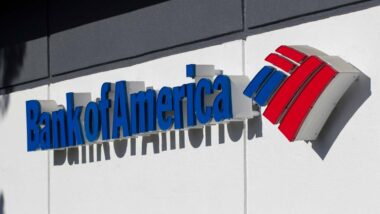
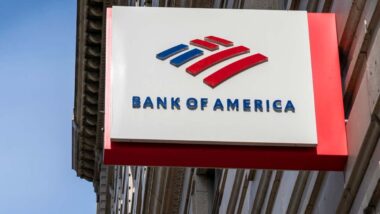

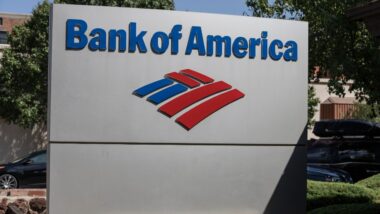
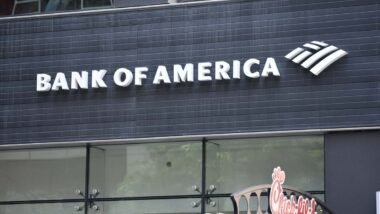

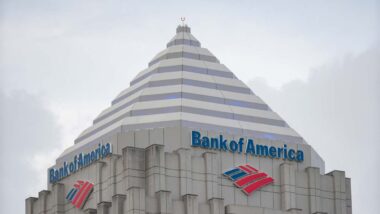


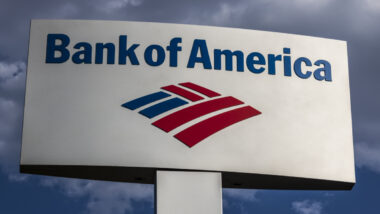

One thought on Bank of America Class Action Claims Unfair COVID-19 Loan Practices
It’s true I worked there and did ppp loans. Not by choice